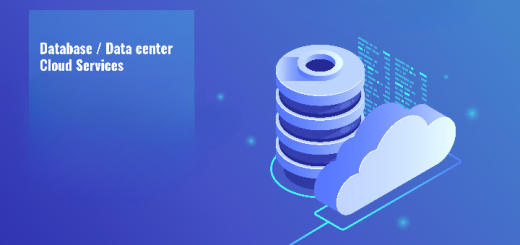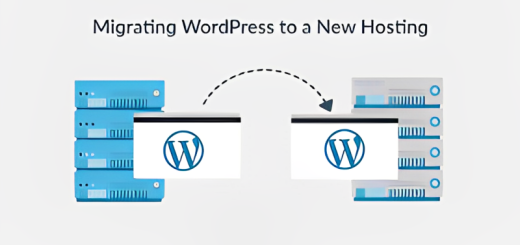Introduction To Cloud Server

In today’s digital era, businesses are increasingly turning to cloud servers to meet their computing needs. Cloud servers offer a range of powerful features and capabilities that can revolutionize the way businesses operate. In this blog post, we will explore the concept of cloud servers and highlight their significance in the modern business landscape, with a particular emphasis on enhancing security measures to protect critical data and ensure uninterrupted business operations.
At its core, a cloud server is a virtual server hosted in a remote data center. Instead of relying on physical hardware, cloud servers leverage virtualization technology to deliver computing resources over the internet. This virtualization allows businesses to scale their infrastructure on-demand, eliminating the need for costly hardware upgrades or maintenance.
One of the key advantages of cloud servers is their scalability. With traditional on-premises servers, businesses often face limitations in terms of capacity and performance. However, cloud servers can easily scale up or down based on fluctuating demands, ensuring that businesses have the resources they need when they need them.
Cost savings are another crucial benefit of cloud servers. By shifting from a capital expenditure model to an operational expenditure model, businesses can reduce upfront costs and pay only for the resources they consume. This flexibility enables businesses to allocate their IT budgets more efficiently and invest in other areas of growth.
In addition to scalability and cost savings, cloud servers offer high performance and reliability. With multiple redundant servers and data centers, cloud service providers ensure minimal downtime and uninterrupted access to applications and data. This reliability is crucial for businesses that rely heavily on their digital infrastructure to serve customers and drive revenue.
However, it is important to note that while cloud servers offer numerous advantages, security considerations should not be overlooked. As businesses entrust their critical data and applications to the cloud, it is essential to implement robust security measures. This includes encryption of data in transit and at rest, strong authentication mechanisms, regular backups, and thorough vulnerability assessments.
Furthermore, selecting a reputable cloud service provider is paramount to ensuring the security and reliability of cloud servers. It is crucial to conduct thorough research, read reviews, and assess the provider’s track record before making a decision. By partnering with a trusted and established provider, businesses can mitigate risks and have peace of mind.
In conclusion, understanding cloud servers is essential for businesses to unlock new opportunities and stay competitive in today’s digital landscape. Cloud servers offer scalability, cost savings, high performance, and reliability. However, it is important to prioritize security considerations and select a reputable provider. By harnessing the power of cloud servers, businesses can optimize their IT infrastructure and drive growth in a rapidly evolving digital world. Furthermore, continuous monitoring and proactive threat detection, as well as disaster recovery planning, can be additional steps to fortify cloud server security, safeguarding against emerging threats and ensuring data integrity and business continuity.









